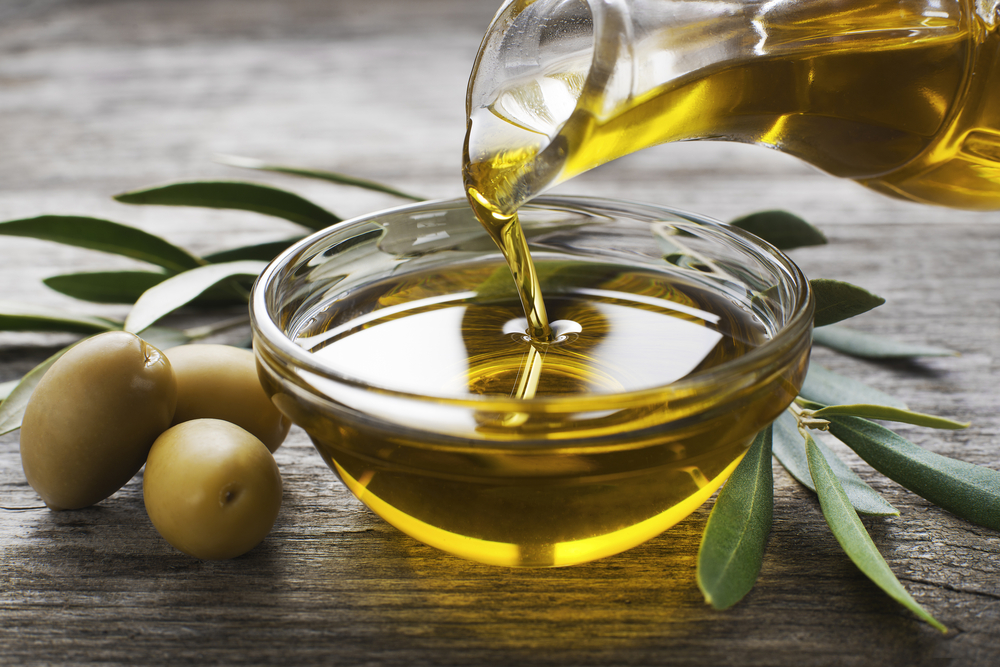Dairy: why full fat is best
Dairy consumption is pretty much dependant on the individual as some people are allergic or intolerant to the proteins in dairy, or are sensitive to its lactose content. The point that I would like to make is that if you are going to consume dairy, choose the full fat versions. Although most people reach for the low-fat/no-fat dairy options with the belief that full fat is harmful and may cause them to gain weight, recent research suggests the opposite may be true.


